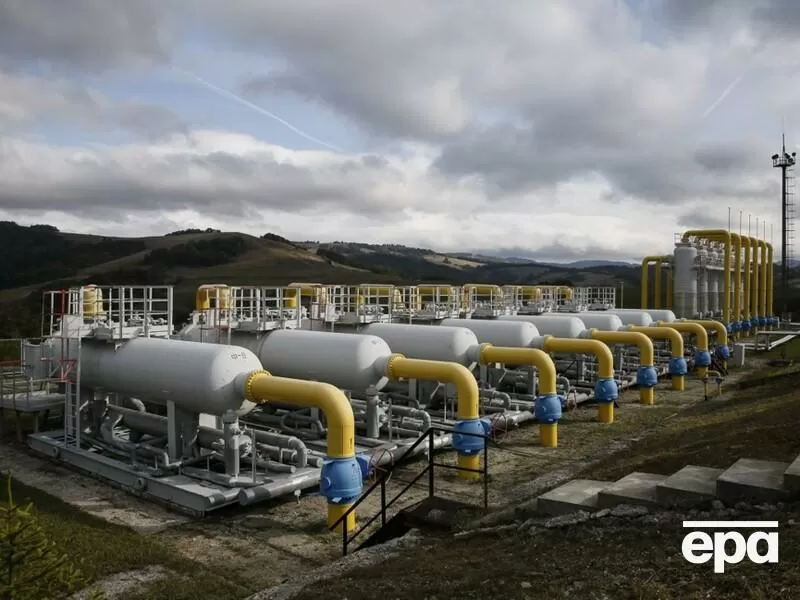Russia, the Aggressor Country, May Target Ukraine’s Gas Transit System After 2025
According to a recent report by Bloomberg, Russia, the aggressive country, may start targeting Ukraine’s gas transit system after the expiration of the gas transit contract between the two countries on January 1, 2025. This news has raised concerns about the future of Ukraine’s energy security and the stability of gas supplies to Europe.
For years, Ukraine has been a key transit route for Russian gas to reach European markets. However, the relationship between the two countries has been strained since the annexation of Crimea by Russia in 2014 and the ongoing conflict in eastern Ukraine. As a result, Ukraine has been actively seeking ways to reduce its dependence on Russian gas and diversify its energy sources.
The current gas transit contract between Russia and Ukraine was signed in 2009 and is set to expire in 2024. Under this contract, Ukraine earns billions of dollars in transit fees, making it a significant source of revenue for the country. However, with the expiration of the contract, Russia may no longer have any obligations to use Ukraine’s gas transit system, which could have serious economic consequences for Ukraine.
The Bloomberg report suggests that Russia may use this opportunity to target Ukraine’s gas transit system, which includes pipelines, compressor stations, and storage facilities. This could be done through cyberattacks, physical damage, or other means, which could disrupt the flow of gas to Europe and cause significant economic damage to Ukraine.
The potential targeting of Ukraine’s gas transit system by Russia is a cause for concern not only for Ukraine but also for Europe. Ukraine is a crucial transit country for Russian gas, with about 40% of Europe’s gas imports passing through its territory. Any disruption in the gas supply could have a ripple effect on the European energy market, leading to higher gas prices and potential shortages.
The European Union has been actively working towards reducing its dependence on Russian gas and diversifying its energy sources. However, the completion of alternative gas pipelines, such as Nord Stream 2 and TurkStream, has been delayed due to political and regulatory issues. This makes Europe vulnerable to any potential disruptions in the gas supply from Russia.
In response to the Bloomberg report, Ukraine’s state-owned gas company, Naftogaz, has called for the European Union to take action to protect Ukraine’s gas transit system. They have also urged the European Union to reconsider its support for the Nord Stream 2 pipeline, which would bypass Ukraine and further increase Europe’s dependence on Russian gas.
The potential targeting of Ukraine’s gas transit system by Russia is a clear indication of the country’s aggressive behavior towards its neighbor. It also highlights the importance of finding alternative energy sources and reducing Europe’s dependence on Russian gas. The European Union must take proactive measures to ensure the security and stability of gas supplies to its member states.
In conclusion, the expiration of the gas transit contract between Russia and Ukraine in 2025 could have serious consequences for Ukraine’s energy security and the stability of gas supplies to Europe. The potential targeting of Ukraine’s gas transit system by Russia is a cause for concern and highlights the need for the European Union to take action to protect its energy security. It is time for Europe to reduce its dependence on Russian gas and diversify its energy sources to ensure a stable and secure energy future.

